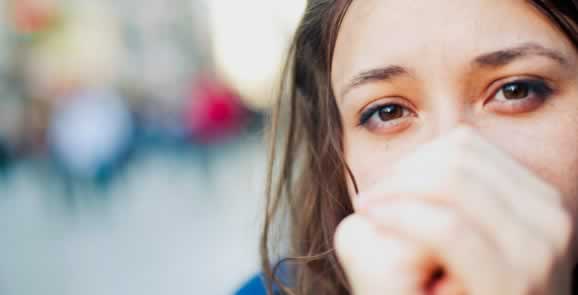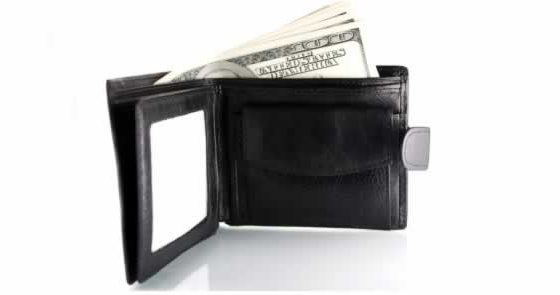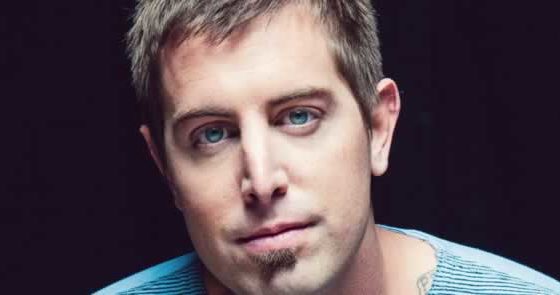“Why are you fearful? O you of little faith.” Matthew 8:26
You would have liked my brother. Everyone did. Dee made friends like bakers make bread: daily, easily, warmly. Handshake — big and eager; laughter — contagious and volcanic. He permitted no stranger to remain one for long. I, the shy younger brother, relied on him to make introductions for us both. When a new kid moved onto the street or walked onto the playground, Dee was the ambassador.
But in his mid-teen years, he made one acquaintance he should have avoided — a bootlegger who would sell beer to underage drinkers. Alcohol made a play for us both, but where it entwined me, it enchained him. Over the next four decades, my brother drank away health, relationships, jobs, money, and all but the last two years of his life.
Who can say why resolve sometimes wins and sometimes loses, but at the age of fifty-four my brother discovered an aquifer of will power, drilled deep, and enjoyed a season of sobriety. He emptied his bottles, stabilized his marriage, reached out to his children, and exchanged the liquor store for the local AA. But the hard living had taken its toll. Three decades of three-packs-a-day smoking had turned his big heart into ground meat.
On a January night during the week I began writing this book, he told Donna, his wife, that he couldn’t breathe well. He already had a doctor’s appointment for a related concern, so he decided to try to sleep. No luck. He awoke at 4:00 a.m. with chest pains severe enough to warrant a call to the emergency room. The rescue team loaded Dee on the gurney and told Donna to meet them at the hospital. My brother waved weakly and smiled bravely and told Donna not to worry, but by the time she and one of Dee’s sons reached the hospital, he was gone.
The attending physician told them the news and invited them to step into the room where Dee’s body lay. Holding each other, they walked through the doors and saw his final message. His hand was resting on the top of his thigh with the two center fingers folded in and thumb extended, the universal sign language symbol of “I love you.”
I’ve tried to envision the final moments of my brother’s earthly life: racing down a Texas highway in an ambulance through an inky night, paramedics buzzing around him, his heart weakening within him. Struggling for each breath, at some point he realized only a few remained. But he didn’t panic or cower, he quarried some courage.
Perhaps you could use some? I know I could. An ambulance isn’t the only ride that demands valor. You may not be down to your final heartbeat, but you may be down to your last paycheck, solution, or thimble of faith. Each sunrise seems to bring fresh reasons for fear.
They’re talking layoffs at work, slowdowns in the economy, flare-ups in the Middle East, turnovers at headquarters, downturns in the housing market, upswings in global warming, breakouts of Al Qaeda cells. Some demented dictator is collecting nuclear warheads like others collect fine wines. A strain of Asian flu is boarding flights out of China. The plague of our day, terrorism, begins with the word terror. News programs disgorge enough hand-wringing information to warrant an advisory. “Caution: this news report is best viewed in the confines of an underground vault in Iceland.”
We fear being sued, finishing last, going broke; we fear the mole on the back, the new kid on the block, the sound of the clock as it ticks us closer to the grave. We sophisticate investment plans, create elaborate security systems, and stronger military; yet we depend on mood-altering drugs more than any generation in history. Moreover, “the average child today … has the same level of anxiety as the average psychiatric patient in the 1950s.”
Fear, it seems, has taken a hundred-year lease on the building next door and set up shop. Oversized and rude, unwilling to share the heart with happiness. Happiness complies. Do you ever see the two together? Can one be happy and afraid at the same time? Clear thinking and afraid? Confident and afraid? Merciful and afraid? No. Fear is the big bully in the high school hallway: brash, loud, and unproductive. For all the noise fear makes and room it takes, fear does little good.
Fear never wrote a symphony or poem, negotiated a peace treaty, or cured a disease. Fear never pulled a family out of poverty or a country out of bigotry. Fear never saved a marriage or a business. Courage did that. Faith did that. People who refused to consult or cower to their timidities did that. But fear itself? Fear herds us into a prison of unlocked doors.
Wouldn’t it be great to walk out?
Imagine your life, wholly untouched by angst. What if faith, not fear, was your default reaction to threats? If you could hover a fear magnet over your heart and extract every last shaving of dread, insecurity, or doubt, what would remain? Envision a day, just one day, absent the dread of failure, rejection, or calamity. Can you imagine a life with no fear?
Copyright © 2009 by Max Lucado, adapted from Fearless, published by Thomas Nelson, used with permission.











